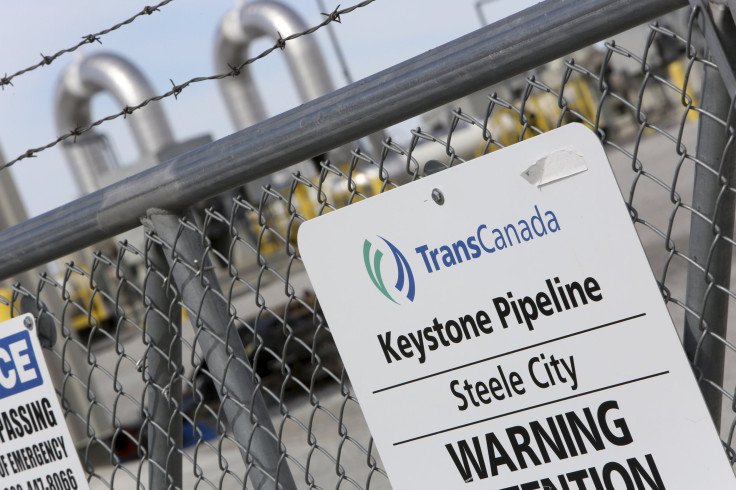What Is The Keystone XL Pipeline? 5 Things To Know About TransCanada's Controversial Oil Project

The U.S. House of Representatives was set to vote Thursday on the bitterly contested Keystone XL pipeline project, the ambitious proposal to carry oil from western Canada to Texas that is supported by most Republicans but is opposed by environmentalists. The Senate is expected to follow suit, marking the first time in six years that both chambers will weigh in on the plan.
Here are five things to know about the Keystone XL pipeline:
Why now?
Because the 2014 midterm elections aren’t over. In Louisiana, Democratic Sen. Mary Landrieu is in a runoff with her GOP challenger, Rep. Bill Cassidy. Landrieu has an uphill battle to hold on to her seat, but she’s hoping her push to bring Keystone XL approval to the Senate floor will help her win over independents and workers in Louisiana’s large energy industry. Both Landrieu and Cassidy have sponsored bills in their respective chambers to approve Keystone.
Exactly how the pipeline would benefit Louisiana is unclear. As Slate noted, one section of the U.S. portion of the pipeline would end in Texas, not Louisiana, and the jobs created by building Keystone will mostly be temporary ones, like construction.
How much oil can Keystone XL carry?
The pipeline would have the capacity to move 860,000 barrels a day, according to TransCanada, the Alberta-based Canadian company proposing Keystone. By comparison, the U.S. consumes 18.89 million barrels of oil a day, according to the U.S. Energy Information Administration.
Why do environmentalists oppose it?
Tar sands oil, the kind that is bountiful in western Canada, “is the most toxic fossil fuel on the planet,” according to the Sierra Club. Groups are also concerned about the possibility of the pipeline bursting and causing environmental disasters.
Why do Republicans -- and some Democrats -- support it?
Keystone XL is seen as a way to cut America’s dependency on oil from other parts of the world. The vast project, which includes 1,179 miles of pipe, would reduce America’s dependence on oil from Venezuela and the Middle East by up to 40 percent, asserts TransCanada.
The project also comes with economic benefits. The pipeline will produce 42,000 jobs and $2 billion in earnings in America, according to the U.S. State Department, which has been reviewing Keystone for the last six years because part of the pipeline runs through another country.
Will the pipeline be built?
The debate continues, as it has for years now. The House is expected to pass a bill, and there’s a real chance it will pass the Senate since it’s supported by Landrieu and a handful of other Democratic senators in red states. But President Barack Obama has strongly suggested he’ll veto the legislation on the grounds that he believes the decision should be left to the State Department, and ultimately him, not Congress.
© Copyright IBTimes 2024. All rights reserved.






















